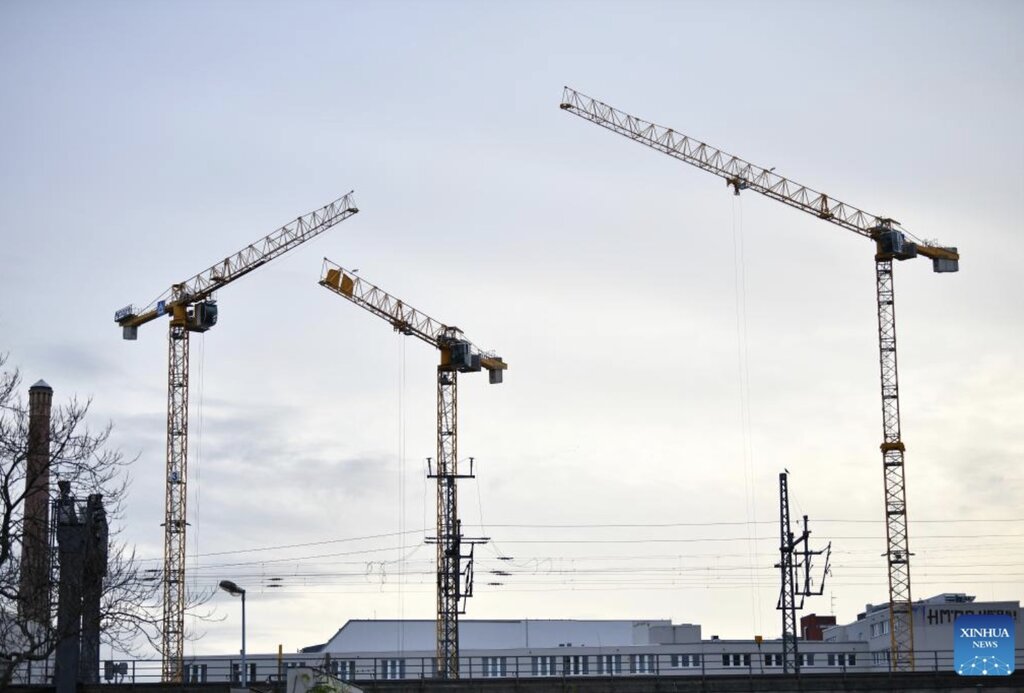Gas inventories in Europe have fallen at an unprecedented pace since 2018, down 25% from their peak, according to European Gas Infrastructure data compiled by Bloomberg.
Gas stocks are just over 70% full across Europe after temperatures dropped over the weekend.
Forecasters predict icy conditions from Spain to Poland and Ukraine this week, sending gas prices hovering around their highest levels in more than a year. Gas prices rose 4% last week.
Germany saw the biggest drop in gas stocks among European countries, with stocks falling to 78% from 81% a week earlier.
French gas reserves are at just 57%, compared with the five-year average of 75% for this time of year. UK storage is currently at 55%.
Economists warn that falling gas reserves could send prices soaring through the summer, as countries begin to replenish their reserves.

“Given the likely continued drawdown in gas inventories, gas demand is likely to remain relatively strong in the spring and summer as European countries shift to loading up on gas. This, in turn, will limit the fall in European gas prices this year. The impact of higher gas prices will be felt most acutely in Germany due to its large energy-intensive manufacturing sector,” said Hamad Hussain, an analyst at Capital Economics.
“The lower the end-of-March stock levels, the harder it will be for the region to replenish ahead of next winter, especially under the colder-than-average scenario in the recent forecast,” said Goldman Sachs analyst Samantha Dart.
Gas prices have risen sharply following the “Dunkelflaute” phenomenon, in which low winds and thick clouds affect electricity generation from renewable energy sources, that occurred in Europe late last year.
“As price increases are felt across Europe, countries like Germany and Italy – which need more storage and have high gas demand in the summer – will be more vulnerable to these price shocks,” said Florence Schmit of Rabobank.
Gas price tensions in Europe came after Ukraine closed the last gas pipeline that allowed Russia to sell gas to Europe.
The expiration of the gas transit agreement via the Urengoy - Pomary - Uzhhorod pipeline has created new concerns about gas supplies for some European countries that still depend on Russian gas, pushing up gas prices across Europe.
According to Bloomberg, supplier Gazprom sells about $6 billion worth of gas through Ukraine in 2024. Analysts estimate that shutting down the pipeline through Ukraine would cause losses equivalent to about 0.2% to 0.3% of Russia's GDP.
“Europe will still need gas because all attempts to move away from Russian gas have failed,” said Tatiana Orlova, an economist at Oxford Economics. She warned that European countries “may buy more Russian LNG to make up for the drop in Russian gas imports.”









